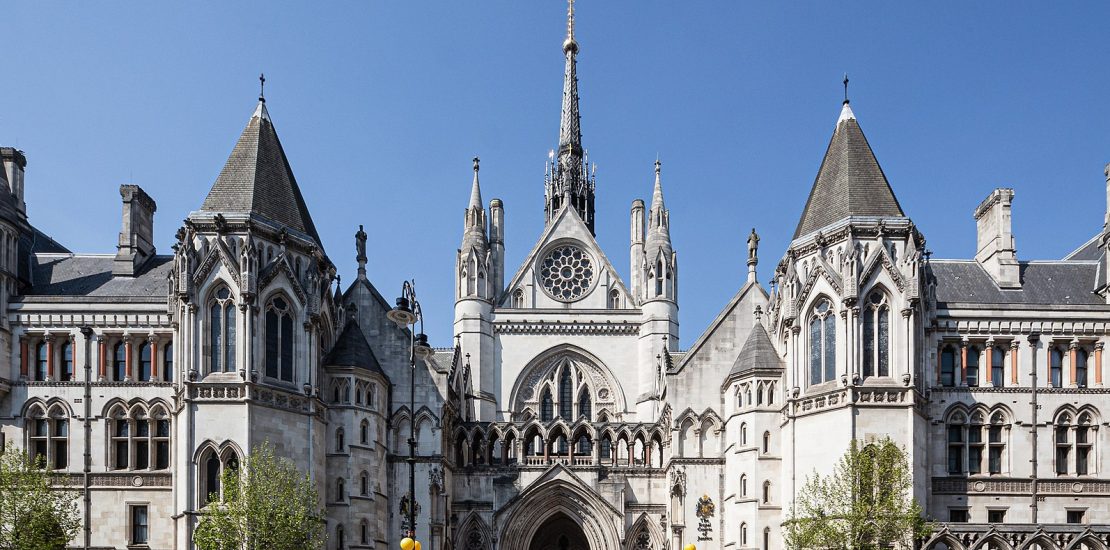- 25/01/2022
- Posted by: Valerie Vaz MP
- Category: News

The Judicial Review and Courts Bill introduces a range of reforms across the courts system, including new provisions for conducting court proceedings using the internet. The most troubling aspects of the Bill concern Judicial Review.
Judicial Review involves a court deciding whether a public body, such as the Government or a local authority, has behaved lawfully. If the public body has not behaved lawfully, courts can offer a remedy to the claimant. Remedies can include immediately overturning the original decision, known as ‘quashing’, or in certain circumstances ordering that damages are paid to the claimant.
The Bill grants allows courts to instead issue Suspended or Prospective-only Quashing Orders. SQOs would mean that even if a court judges a public body’s original decision to have been wrong, the decision will only be overturned after a certain date; PQOs would halt the future effect of the decision, but treat the original decision as if it was valid up to the point the Order is made. The Bill also introduces a presumption towards judges using SQOs or PQOs unless there is a good reason not to.
These measures could make it much harder for claimants who have suffered the consequences of flawed, sometimes life-altering decisions by public bodies to achieve a remedy. They also encourage reckless decision making in Government by removing the risk of repercussions.
The Bill must be seen as one part of a wider attempt by the Government to concentrate power and diminish accountability, alongside the Elections Bill, Police, Crime, Sentencing and Courts Bill, and the scrapping of the Human Rights Act. All of these are distractions, a move towards an authoritarian state because the Government has no real answers to the problems facing our country.
New Clause 4 would have ensured that during inquests into disasters such as Hillsborough, when public bodies have legal representation, the bereaved of those who have died would also have publicly funded legal representation. I supported this amendment, which did not pass, Ayes: 187 and Noes: 315.
Amendment 25 would have removed the presumption that judges will use SQOs or PQOs unless there’s a good reason not to. It would have also meant that if SQOs or PQOs are used, the public body remains under a duty to offer the claimant an effective remedy. I supported this amendment, which did not pass, Ayes: 228 and Noes: 313.
Amendment 20 would have ensured that automatic online convictions cannot be used for people who are found to have vulnerabilities or disabilities during a health assessment. I supported the amendment, which did not pass, Ayes:184 and Noes: 310.
Amendment 22 would have restricted new provisions in the Bill regarding when a hearing can proceed in the absence of the defendant so they do not apply to children and young people. I supported the amendment, which did not pass, Ayes: 176 and Noes: 316.
Amendment 41 would have required the committee which sets the rules on legal proceedings taking place online to include a person with experience in and knowledge of the Scottish legal system. I supported this amendment, which did not pass, Ayes:220 and Noes:315.
I voted against the Bill at Third Reading. The Bill passed, Ayes:310 and Noes: 211.

